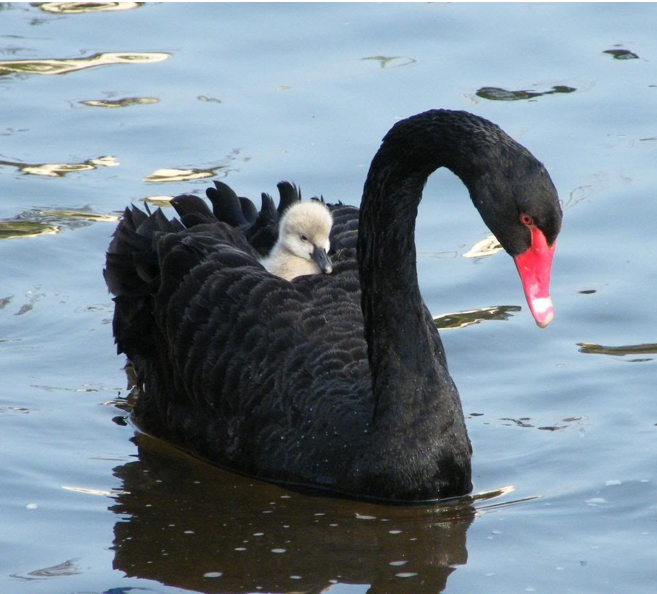Today’s piece explores the possibility of a uniquely Australian approach to stewardship in public policy informed by First Nations ways of knowing. It is by Andrew Morgan, who is a Sir Roland Wilson Scholar at ANZSOG and the Crawford School of Public Policy at ANU, with contributions from Craig Ritchie and Lisa Conway.
Read MoreIn an article originally published by The Canberra Times, Dr Sue Williamson and Associate Professor Linda Colley discuss their recently released report Working During the Pandemic: From resistance to revolution. Their research found that the majority of public service employees want to continue the working from home arrangements some workplaces put in place during the coronavirus epidemic, and that while there are negative aspects to working from home, these are far outweighed by the positives. Governments may not find it as easy as they might hope to put this particular genie back in its bottle.
Read MoreAt the recently-held Power to Persuade Symposium, the talk given by Aurora Milroy (@AuroraMilroy) of ANZSOG (@ANZSOG) was a stand-out. Unfortunately, due to technical difficulties, her talk was not captured on film. We are therefore pleased to present a summary of her talk and her slides here. Aurora spoke of “black swan theory” which highlights the deficits of western knowledge and ways of working. Acknowledging and honouring the ‘black swans’ that Indigenous ways of being and knowing represent brings a more holistic understanding and can mend broken relationships.
Read MoreWhile value creation has long been discussed in the private sector, the concept of value creation by the public sector is largely absent. Until recently there has been no clear role for the public sector to create value itself – the term ‘public value’ does not even exist in economics. However a new paper by Mariana Mazzucato and Josh Ryan-Collins at the UCL Institute for Innovation and Public Purpose proposes ways that public value can be created using a theory of collective public value creation. This article orginally appeared in The Mandarin and is authored by Maria Katsonis.
Read MoreDespite being our largest and most complex social policy reform, the NDIS didn’t receive much attention in the recent election campaign until its close. We could read something into this about how political parties think the NDIS plays with the electorate, but irrespective of political perceptions and prioritising the fact remains that the NDIS affects the lives of not just its 460 000 participants, but their families, carers, and more than 35 00 workers.
Read MoreThe Public Service Research Group at UNSW Canberra (PSRG) recently launched a timely Issues Paper on co-production and innovation by Dr Linda Dewey, Professor Deborah Blackman and Professor Helen Dickinson. The paper is the third in a series produced by PSRG offering contemporary research-based thinking about topical themes for public services and the public administration community. In today’s post, Dewey, Blackman and Dickinson call for more diverse approaches to evaluate whether co-production is either capable of, or actually delivering, anticipated innovation results.
Read MorePublic service workforce reform has been on the minds of public administrators, especially in light of high profile reviews such as the Independent Review of the Australian Public Service. UNSW Canberra’s Public Service Research Group academics Professor Deborah Blackman, Dr Samantha Johnson, Associate Professor Helen Dickinson and Dr Linda Dewey delve into this issue in greater detail from a development and recruitment perspective. They suggest that there are four distinct elements in social learning that can serve as a framework for building workforce capability and supporting change within the public service.
A full version of their thoughts can be found in Reimagining the Future Public Service Workforce.
Read More






